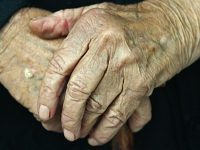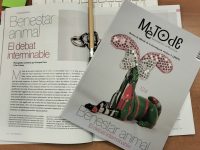|
Like any social institution, festivals are universal: a society without a festive ritual of its own is unknown. But what is a festival? Beyond any normative definition, we can state that it refers to a collective practice consisting of a set or sequence of ritual acts linked to a certain space and time, taking place to celebrate something. A celebration is the active expression and symbolization of the value, sacredness or importance that the person celebrating bestows on that being celebrated. Festivals are, thus, an extraordinary action, albeit complex and paradoxical: a purely social event, defined by a dialectical relationship with everyday life, breaking the habitual work routines and immersing participants in an emotion-stirring atmosphere. A potpourri of solemn ceremony and spontaneous fun; respect for tradition and light-hearted innovation; the spiritual and the corporeal; the intimate and the public. Festivals are symbolic acts, able to evoke unattainable reality, polysemic in nature; they are effective catalysts and mirrors of collective identities, they also provide fertile ground for disputes in that they affirm social hierarchies or engender transgressions. In this monograph, festivals are approached from a plural perspective, providing a range of views, though not enough to exhaust the complexity of the festive phenomenon. We have endeavoured to highlight the biological dimension and its ability to influence both the vital and the social order. Accordingly, in addition to a theoretically-based text, we look at how calendars are organised and how festivals are expressed differently in agricultural and industrial societies; we comment on the timing of the biographical stages in a person’s life (the so-called rites of passage), how health issues are dealt with through traditionally prescribed rituals and how a society’s way of life dictates its festival system. Indeed, an ecological conception of festivals cannot fail to note this systemic trait, despite their apparent banality. Antonio Ariño Villarroya. Professor of Sociology. Pro-Vice Chancellor for Culture, Equality and Planning, University of Valencia. |





